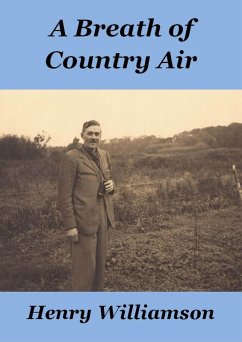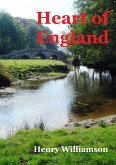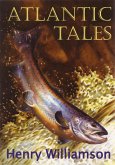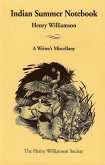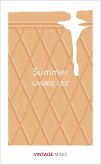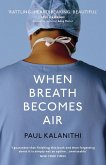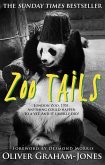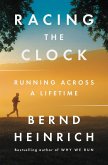Henry Williamson (1895-1977), nature writer and novelist, remains best known for his nature stories set in North Devon, the much-loved classics Tarka the Otter and Salar the Salmon. Between 1937 and 1945 he farmed 243 acres of difficult land in North Norfolk, bringing a near-derelict farm to an A grade classification during the years of the Second World War. Throughout those years he was writing newspaper articles, to help finance the farm. The 82 essays contained in A Breath of Country Air originally published in two volumes in 1990-91, now gathered in a single e-book bring together Williamson's weekly pieces in the London Evening Standard, written during 1944 and 1945. They are broadly concerned with day-to-day happenings on the farm, featuring particularly his two young sons Rikky and Robbie, together with other reflections on country life. Further pieces poignantly describe the end of Williamson's farming dream, with the sale of the farm and auction of implements and the family's move 60 miles south to Botesdale, in Suffolk. The book concludes with a 15-part serial, 'Quest' (originally published in Women's Illustrated magazine in 1946) which records the period immediately after the move. Richard and Robert Williamson Rikky and Robbie have written the Forewords; Richard remembers these stories 'as a video of my beautiful years, faithfully recorded . . . I can with the greatest clarity smell the new ploughed fields, hear the owls, and see the little grey Ferguson on those far away fields of the Norfolk farm'; while for Robert, after the move to Botesdale, 'being away at school, the holidays were greatly enjoyed, and Henry has captured the mood of these holidays, now that the strain of the farm had gone'.
Dieser Download kann aus rechtlichen Gründen nur mit Rechnungsadresse in A, B, CY, CZ, D, DK, EW, E, FIN, F, GR, H, IRL, I, LT, L, LR, M, NL, PL, P, R, S, SLO, SK ausgeliefert werden.

